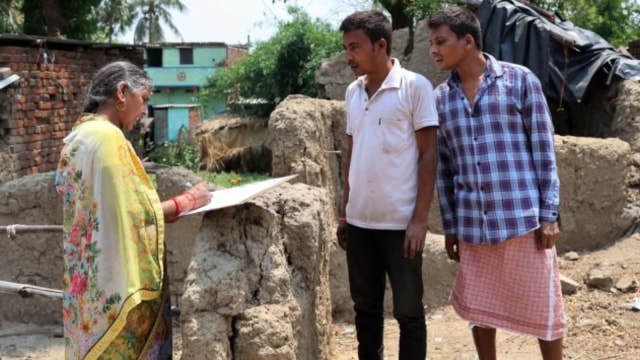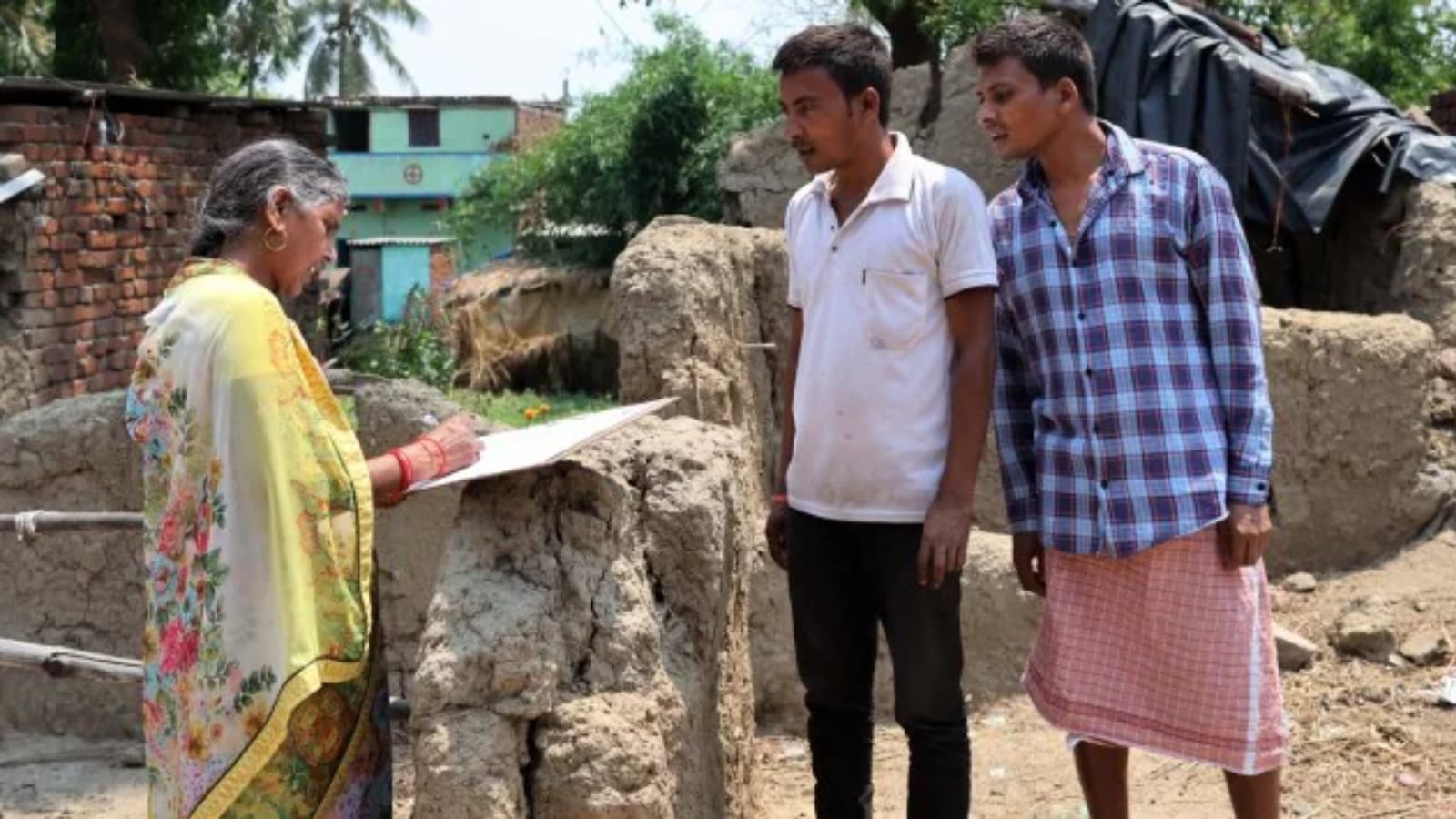

New DelhiFeb 4, 2025 13:21 IST First published on: Feb 4, 2025 at 13:21 IST
The Telangana caste survey has sparked widespread debate across political, social, and academic circles. While many see it as a progressive step toward addressing historical inequalities, concerns over political exploitation remain. As the first comprehensive caste-based enumeration in Telangana since independence, it covers 3.54 crore people—96.9 per cent of the state’s population—across 1.12 crore households. The survey provides crucial insights into the social, economic, educational, employment, and political status of various caste groups. The findings reveal that Backward Classes (BCs) constitute 56.33 per cent of the population, Scheduled Castes (SCs) make up 17.43 per cent, and Scheduled Tribes (STs) account for 10.45 per cent. Muslims comprise 12.56 per cent of the population, with BC Muslims at 10.08 per cent and Other Caste (OC) Muslims at 2.48 per cent. Other Castes (OCs) account for 15.79 per cent of the population.
While Bihar has conducted a caste survey and Karnataka’s findings are awaited, Telangana’s effort stands out as one of the most extensive. The data offers an opportunity to reshape policies and address systemic inequalities. The survey highlights socio-economic disparities, with SCs, STs, and OBCs experiencing lower literacy rates, higher unemployment, and limited access to land and welfare schemes. It also exposes their underrepresentation in political institutions, reinforcing the need for inclusive policies.
Why do we need caste surveys?
Story continues below this ad
India’s caste system continues to shape access to resources and opportunities, despite affirmative action policies. The last nationwide caste census was conducted in 1931, and since then, the socio-economic landscape has changed drastically. The absence of updated caste data has hindered the creation of targeted welfare programmes, leaving policies based on outdated assumptions. The Telangana caste survey bridges this gap by providing granular demographic insights, helping policymakers identify marginalised communities, evaluate existing programmes, and ensure equitable resource distribution.
One of the most significant benefits of a caste survey is its potential to refine affirmative action policies. By analysing the socio-economic conditions of Dalits, Adivasis, and OBCs, the government can tailor policies to their specific needs. The survey also reveals hidden caste-based exclusions, making it possible to design interventions to combat discrimination, promote inclusion, and ensure fair resource allocation.
The risk of political manipulation
While the caste survey has the potential to be a tool for social justice, concerns remain over its possible political misuse. Political parties might exploit caste data to refine electoral strategies, targeting specific caste groups with promises of benefits and reservations. This could entrench caste-based politics, where electoral success depends on caste alliances rather than governance and development.
Story continues below this ad
The categorisation of disadvantaged groups is also a contentious issue. Intra-group rivalries among SCs, STs, and OBCs over reservations could intensify, as some subgroups argue that dominant sections within their category monopolise governmental benefits. This could fuel demands for further sub-classifications, leading to increased friction among caste groups, perpetuating divisions rather than transcending them. While the survey aims to address inequalities, it risks entrenching caste consciousness in public discourse, complicating efforts to build a more inclusive, caste-neutral society.
Moreover, Telangana’s upcoming local panchayat elections, which have been delayed, could be influenced by the report. Panchayats have been under special officers’ rule since February 2, 2024, and it is yet to be seen whether the state government will use the survey’s findings to finalise caste-based reservations for local constituencies. The ruling Congress had promised to increase BC reservations to 42 per cent ahead of the 2023 Assembly elections, making the survey politically significant.
A double-edged sword
most read
The Telangana caste survey is an important step in addressing historical inequalities and promoting social justice, but its success depends on how the data is used. If wielded responsibly, it can correct systemic inequalities; if manipulated politically, it could deepen divisions. As history has shown—whether through the 2016 household survey (which remains inaccessible), the 2019-20 handloom census (which failed to improve conditions for 45 lakh artisans), or agricultural censuses (which rarely influence policy)—data alone does not guarantee progress. Implementation and intent will determine whether this caste survey becomes a tool for justice or just another political manoeuvre.
Ultimately, the Telangana caste survey is a double-edged sword. It offers unprecedented insights but also risks electoral exploitation. The challenge lies in ensuring that it drives real social change rather than becoming just another instrument of caste-based politics.
The writer is Professor & Head Department of Political Science Maulana Azad National Urdu University (MANUU)


